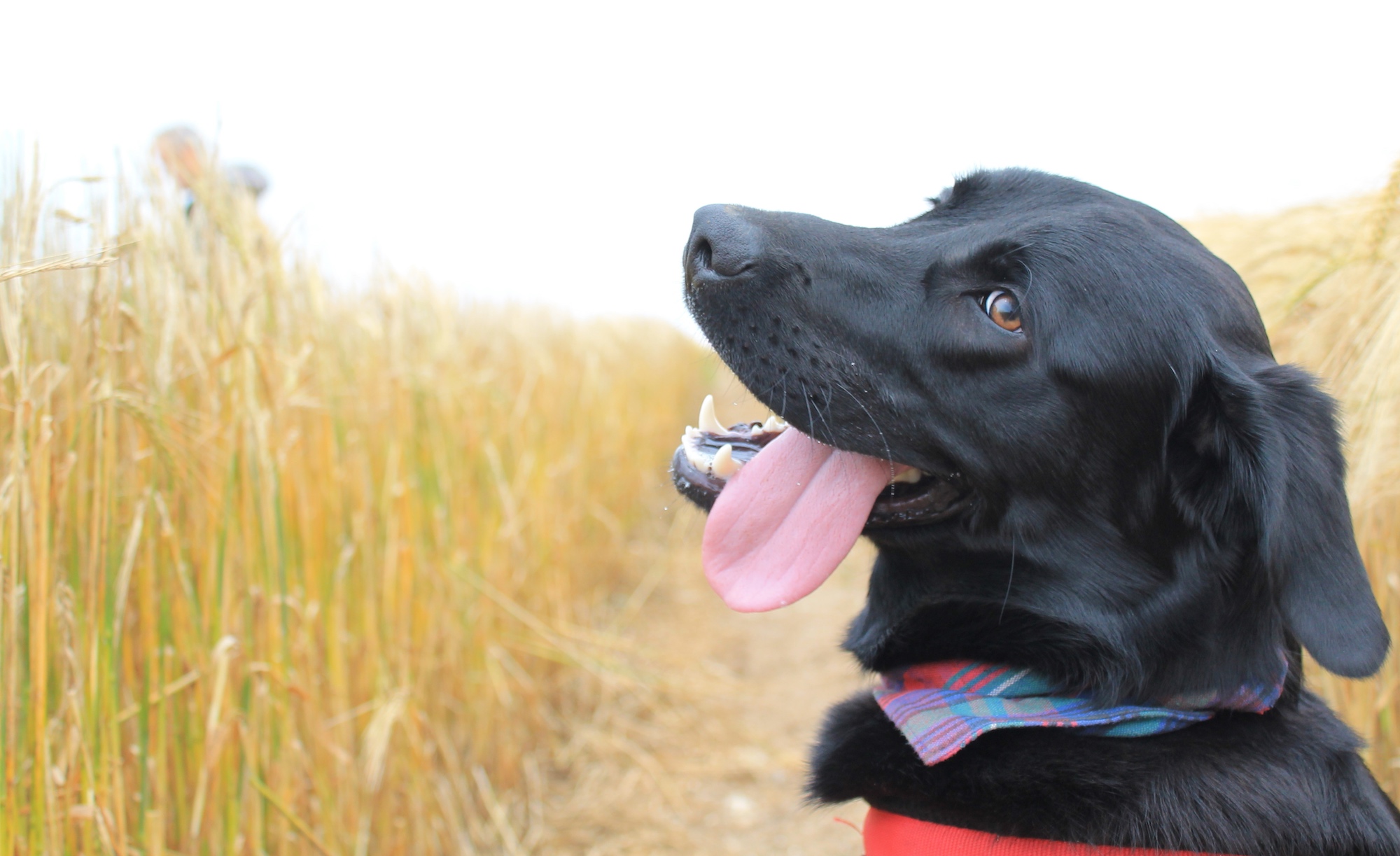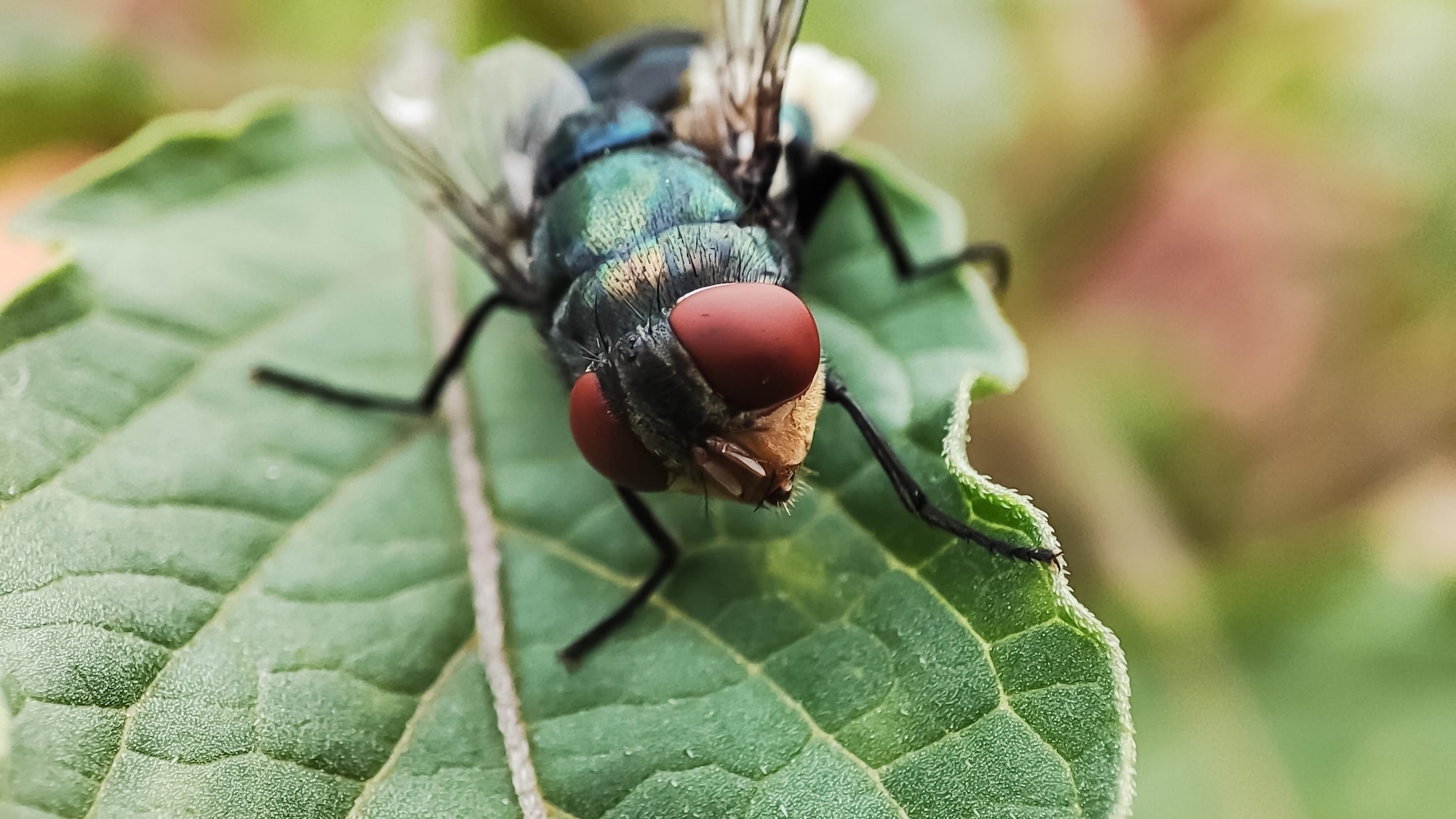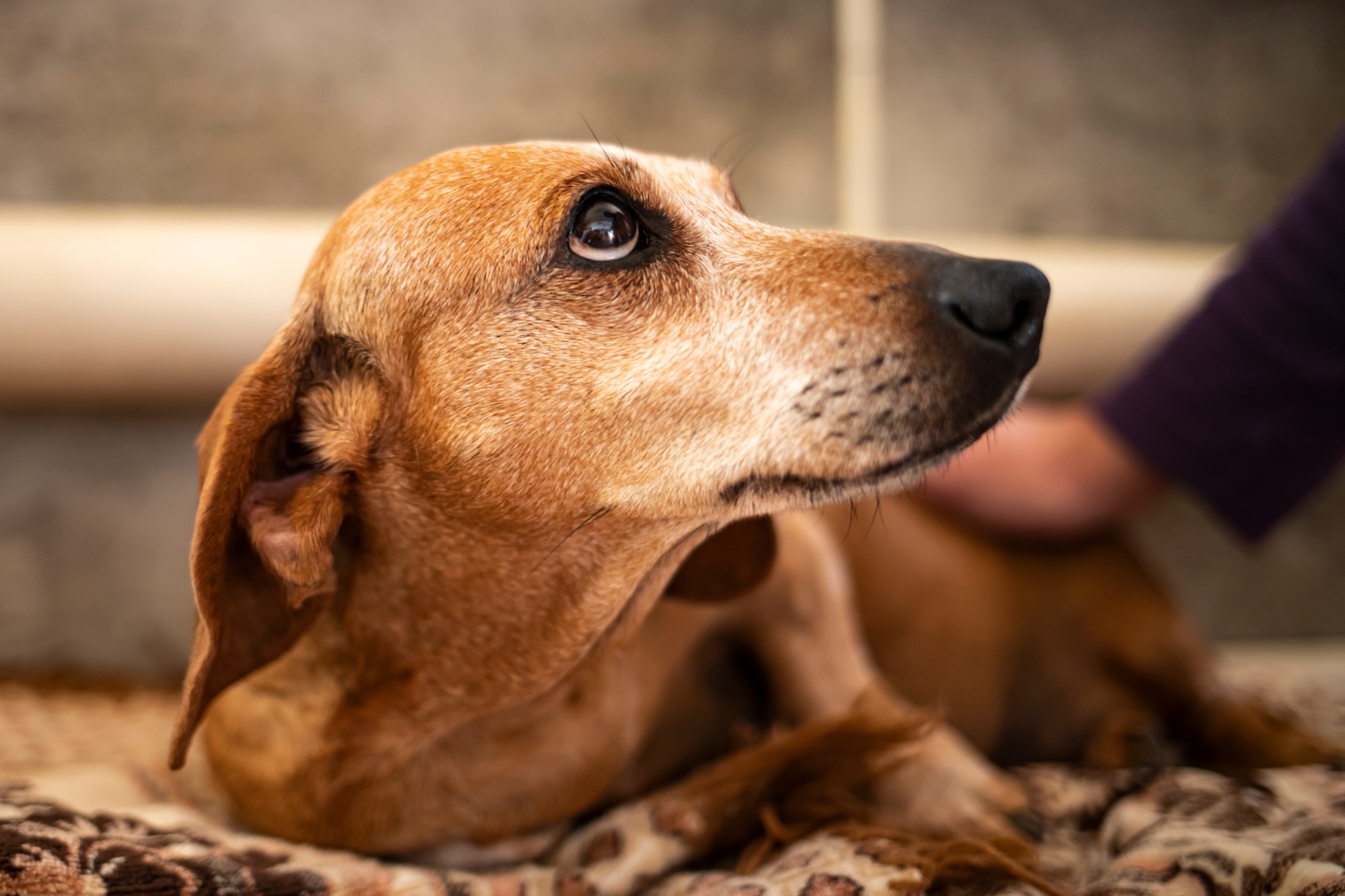Key points:
- If your puppy isn’t eating and you don’t know why, they’ve gone more than 12 hours without eating, or they’re a small-breed puppy and haven’t eaten for two or three hours, call your vet.
- A puppy showing other signs of illness—like diarrhea, vomiting, change in gum color, or yelping or shaking as if they’re in pain—merits a call to the vet right away, even if their lack of appetite just started
- Going without food poses short- and long-term risks to puppies
- Possible reasons a puppy might not eat include illness, injuries, changes to their environment, and simply not liking their food
It can be scary if your puppy stops eating the food that you’re giving them. While it’s a bad sign for any dog to lose their appetite, puppies are especially susceptible to the short- and long-term risks of missing meals.
Still, if you watch your puppy carefully and contact a vet when you notice any problems, chances are you’ll be able to keep them safe and healthy—and have them eating again soon. Here’s what to know about why a puppy might stop eating, and how to help them.
Please note that the tips below apply to dogs who are 8 weeks or older—in almost all cases, puppies should stay with their mothers at least that long—and eating solid food. If you have any questions about whether your puppy is ready for solid food, ask your veterinarian for advice.
If your puppy isn’t eating and you don’t know why, you should call your vet right away
Going too long without food can cause puppies to suffer from hypoglycemia (low blood sugar), which can be life-threatening.
You should call a vet and have your puppy examined:
• If they’re a small-breed puppy, six months old or younger, and haven’t eaten for two to three hours
• In most cases if they haven’t eaten for 12 hours and seem lethargic, they aren’t interested in food at a time when they normally would be, or their behavior has changed in some other way.
• They have diarrhea, vomiting, or gums that change color—or if it seems as though they are in pain.
• If you have a large-breed puppy who is at least four to six months old, has eaten breakfast, and is acting normally, you may be able to monitor them at home for a bit. But if they don’t eat breakfast the next morning, make sure they see your vet ASAP.
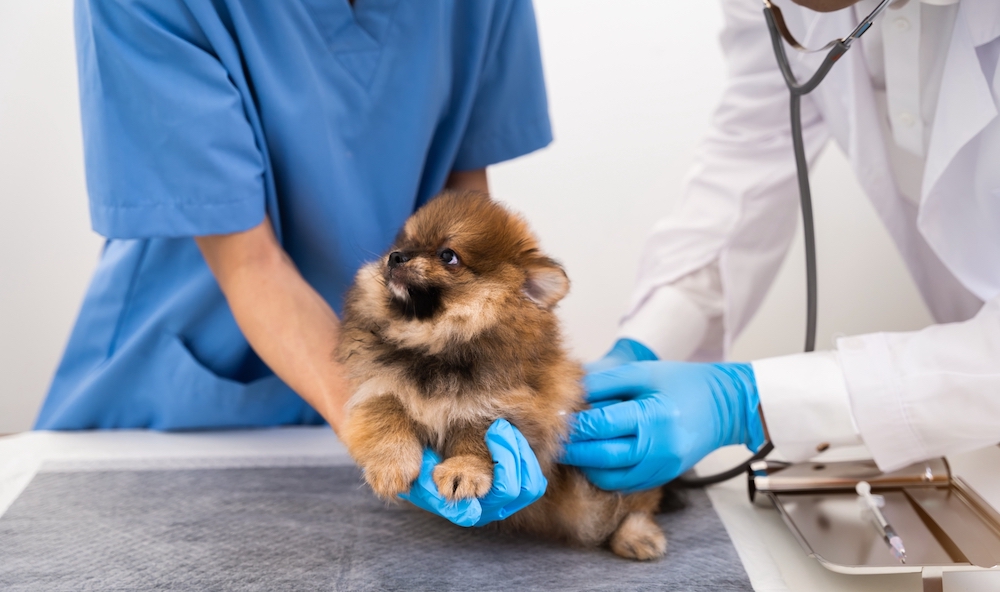
Puppies who stop eating might not be feeling well
Illness or injury can impact a puppy’s appetite, or their level of comfort eating.
You can and should keep your dog up-to-date on all of their vaccinations, and keep them away from high-risk situations when they’re too young to get their shots, but it’s always possible that they could become infected with a virus or bacteria if they’re exposed to one. Parasites, too, can cause a dog to lose their appetite, as can side effects from medication.
Injuries to a puppy’s mouth, or pain from teething, could make eating uncomfortable. If this is the issue, feeding your dog soft food—like our fresh recipes—may make mealtime more pleasant for them. It’s a good idea to start a toothbrushing routine while your dog is a puppy, but it’s not very likely that a puppy’s mouth pain would be caused by dental disease, as that’s an issue that tends to arise after dogs’ adult teeth grow in. Rarely, a puppy can fracture a tooth during vigorous play. This can be very painful and require extraction or medication. If a dog has ingested a foreign object or a poison, that could make them unwilling to eat as well.
The best way to figure out whether one of these ailments is to blame for a puppy not eating is to have a vet examine them as soon as possible. In almost all of these cases, veterinary care can help a puppy get back to full health and appetite—and the sooner they get treatment, the better.
Puppies who aren’t eating may be stressed
Like humans, dogs might not want to eat as much when they’re upset. If your puppy’s environment has changed—they’re new to your home, you’ve moved, another new person or pet has started staying with you—that could be impacting their appetite.
Some dogs don’t like to eat when their people aren’t around, and if your puppy has separation anxiety that could make it harder for them to chow down in your absence.
If you’re sure that causes like this are behind your puppy’s lack of appetite—meaning that a vet has examined them and confirmed that they’re physically healthy—you can try a variety of methods to get them back on track. You can, for example, address a dog’s separation anxiety through desensitization and counterconditioning. This will take time, but there are many reasons to work on preventing separation anxiety in order to set your dog up for a happy, healthy life—and spare yourself a more difficult training challenge later.
Meanwhile, you’ll want to consult a qualified trainer or behaviorist about how to make sure your dog eats enough while you’re working on their problems. If there’s a certain trigger that is causing them stress—like a sound, a person, or another pet—you might want to feed them away from that stimulus, where they can eat calmly. In general, it’s good for a dog to have a space where they can spend time by themselves if they want to. Of course, socialization is important for any puppy—and there are things you can do to help your dog overcome their fears.
Incorporating play, training, and brain games into mealtime can have big psychological benefits for any dog. While you should never force a dog to work for food, some dogs like to do so. As long as they have a choice in the matter, giving your dog a job to do is a good idea. If you know that the reasons for your puppy’s lack of appetite are psychological, making mealtime more fun may be worth a shot.
But, again, it’s vital to rule out medical concerns before you try to address your puppy’s lack of appetite as a behavioral issue.
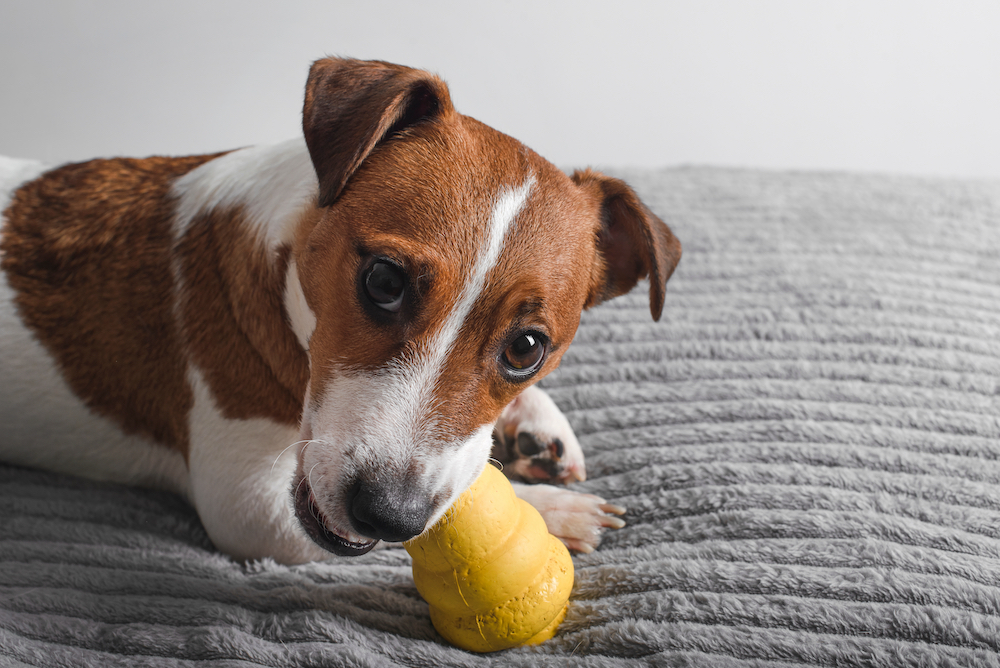
Puppies who aren’t eating may not like their food
Sometimes puppies don’t eat what they’re offered because they don’t like it, or they prefer something else.
If you suspect this, first of all, consider that something may actually be wrong with their food. Dogs have an excellent sense of smell, and could notice that their food or water is “off.” Give it a sniff, check the packaging and the expiration date, and investigate to make sure that your dog isn’t protecting themselves from spoiled or contaminated food. Any food that’s suitable for puppies—including “puppy” formulas and those for all life stages, like The Farmer’s Dog—will include the omega-3 fatty acid docosahexaenoic acid (DHA), which is essential to neurological development. This often comes in the form of fish oil, which can become rancid if it’s not stored properly.
There’s also the possibility that your puppy is bored with what they’re eating, or doesn’t like its taste or smell even though it’s safe. In this case, you could try enticing them by adding something tasty to their food—maybe a healthy, high-value treat or a little bit of warm, unseasoned bone broth (make sure it’s made without seasoning or onions). You can also try changing their food. Our own food is fresh, highly palatable, and complete and balanced—and many of our customers have told us that it’s turned picky eaters into dogs who can’t wait for mealtime. But consult with your vet and transition your dog’s food gradually to avoid gastrointestinal upset. It’s not a good idea to suddenly switch what your dog is eating all at once.
If your dog is a picky eater and doesn’t seem to like anything you offer them—and if you’re sure there’s not a more serious issue—you can also see if sticking to a schedule works. Put their food down for 20 or 30 minutes, and then throw it away if they don’t eat it. You should never let a puppy go hungry, but setting more regimented mealtimes can help them get used to eating regularly. In general, many vets advise against free-feeding (which is leaving their food out all day and letting them graze at will).
If your puppy isn’t eating all the food you put out, you may be overfeeding them
A puppy should want to eat. But if your puppy is eating—just not as much as you think they should—it’s possible you’re giving them more food than they need. A pre-portioned meal plan can make it much simpler to give any dog exactly the right number of calories; it’s often hard to estimate properly using the scoop recommendations on kibble bags. If you’re not sure whether you’re feeding your puppy the correct amount, that’s another question to discuss with your veterinarian.
Again—when in doubt, call the vet
The above information can help you make a guess about why your puppy isn’t eating—but if you don’t know, the safe move is to call your veterinarian first. They’ll ask you questions and, if necessary, examine your dog. If it turns out you can handle the issue at home, great; but, if not, prompt medical attention can be the difference between a small problem and a much bigger one.
